Women struggles as independent business owners
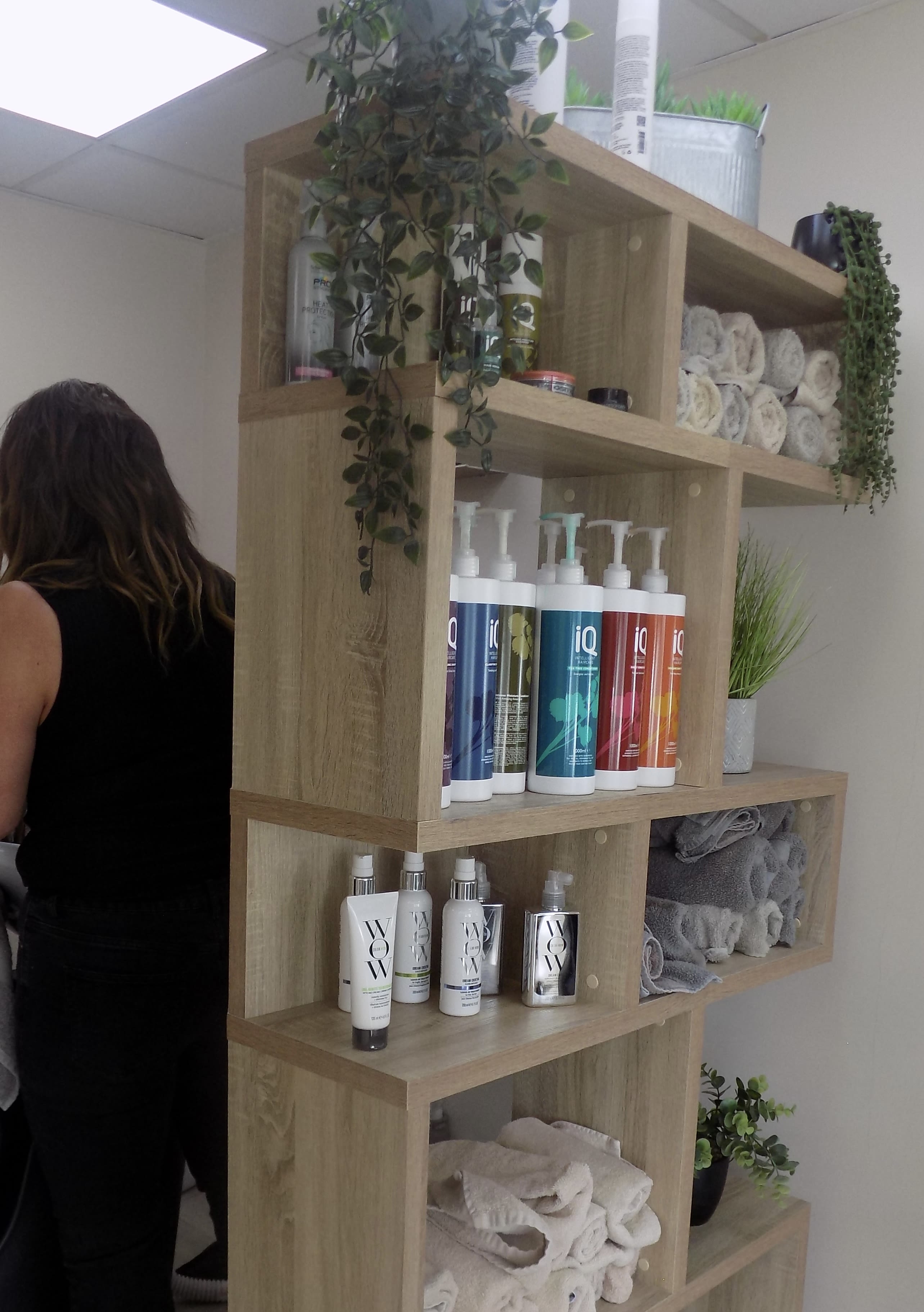
Owning an independent business can be one of the biggest accomplishments in life. But at times, it can also turn out to be one of the biggest struggles.
Since the cost-of-living crisis, many businesses faced fears of closing down due to the inflation of prices.
In 2022, the Independent reported that 345,000 businesses across the UK went out of business, which was a result of 5% increase since 2021. According to the Guardian, a majority of the declining small businesses are: Hairdressers, estate agents, hair and beauty salons, and pubs and ins.
It was quite intriguing finding out how women entrepreneurs have additional struggles compared to male entrepreneurs.
In the UK, one in five businesses in 2024 are owned by women. The South West has an estimated total of 16.7% of female led businesses.
The Hair Studio is one of the many female small businesses in the County of Dorset. Mandy Gates, 50-years-old, has been the owner of the hair salon since 1999, making it 25 years since she took over the salon from her retired boss.
Miss Gates, shared that luckily her business was not massively affected by the cost-of-living crisis. She said: “I am so lucky because the business was already an established business, so we’ve always had customers right from day one. I’ve been really lucky.”
Acknowledging her luck within the business industry, Mandy Gates shared that she likes showing support for other businesses knowing that other salons probably wouldn’t do the same.
She said: “I am one for like, if somebody comes into my salon and I can’t do their hair, for whatever reason or I am busy. I will recommend another salon, cause another friend of mine has a salon. […] You know, if it’s not affecting your business and you’re not losing a lot of money, just send them on to someone else but a lot of salons or a lot of businesses won’t do that just for the sake of they just don’t want to.”
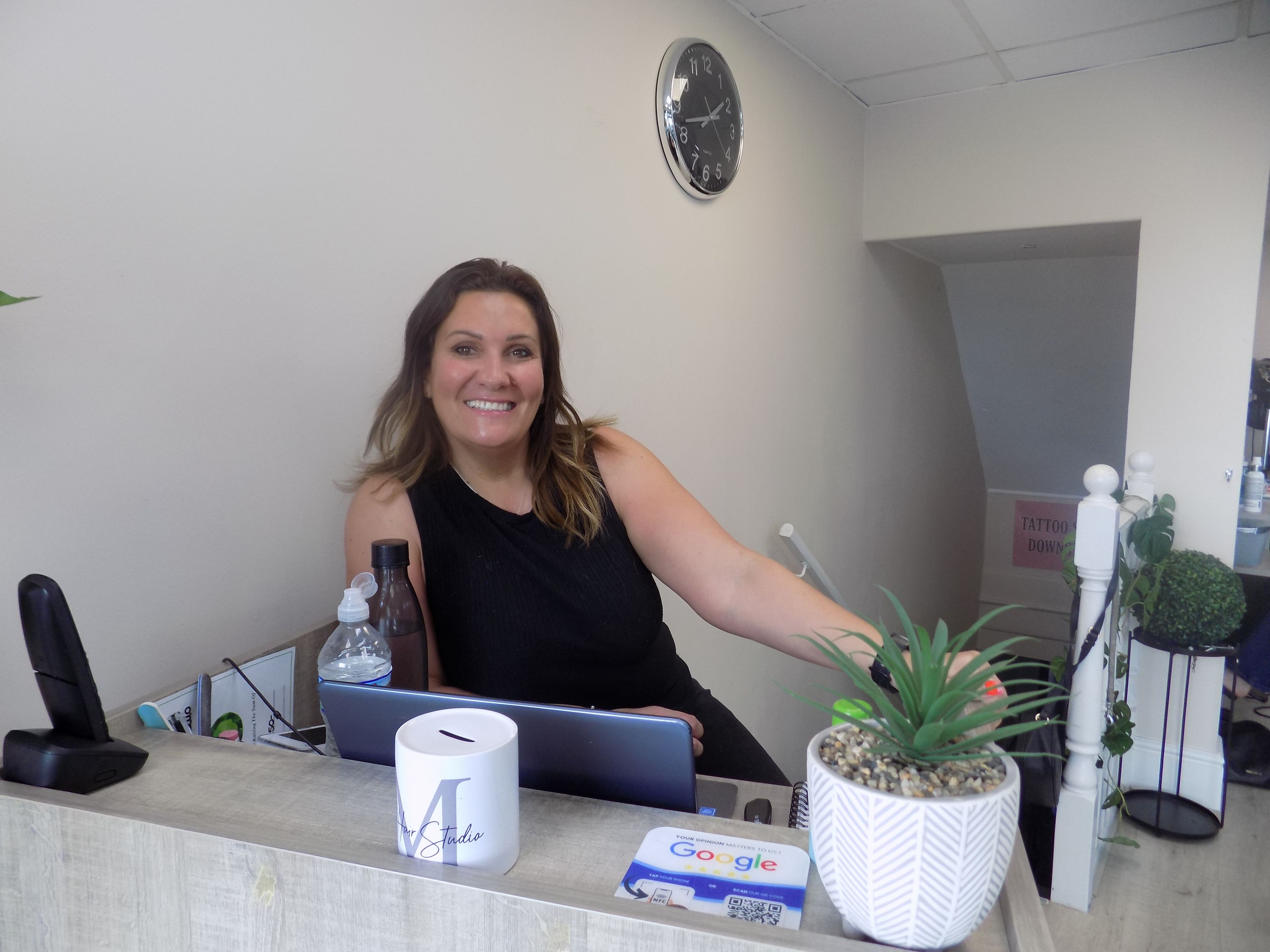
Photography by Maria Prigoreanu
Photography by Maria Prigoreanu
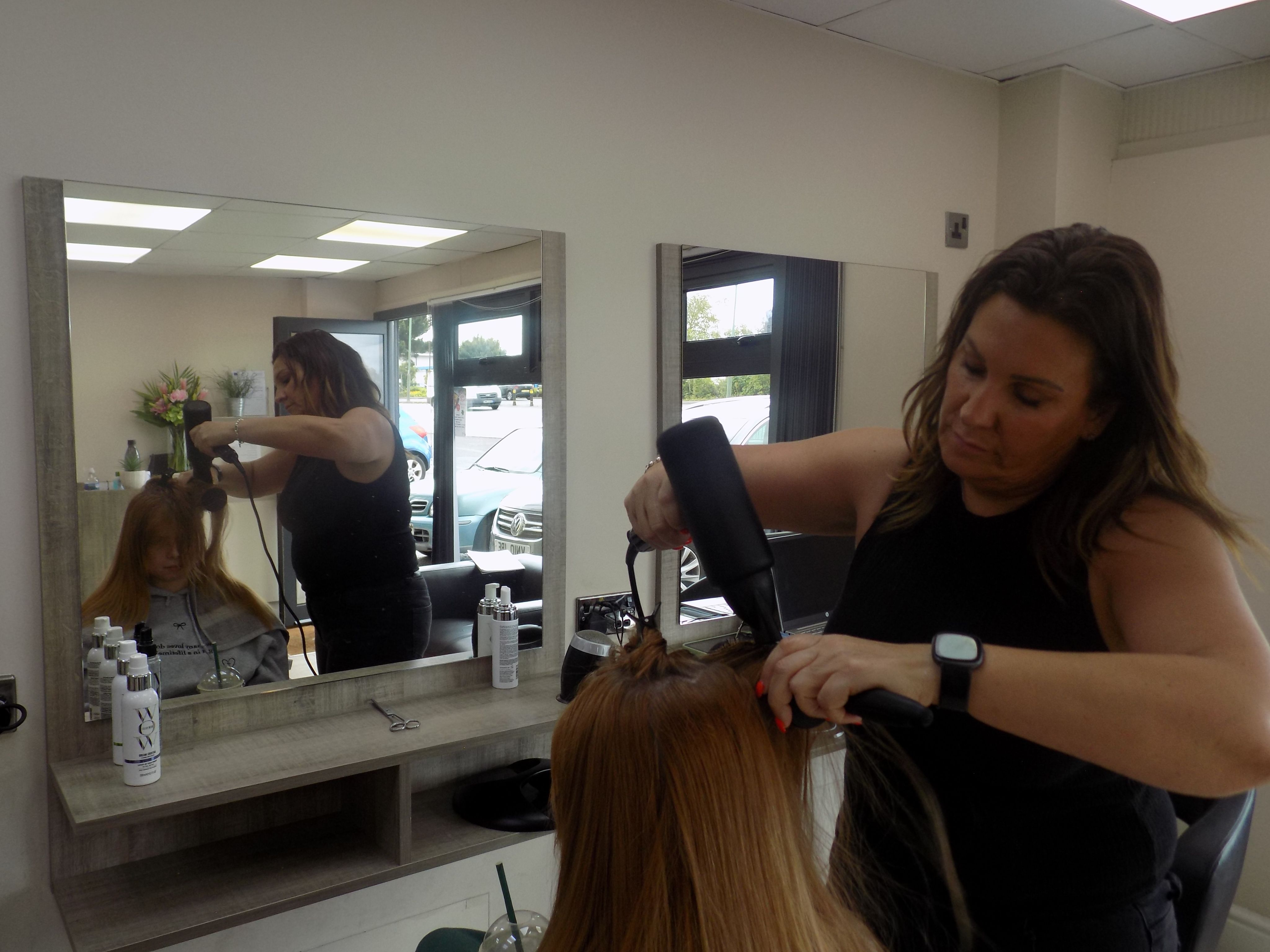
Photography by Maria Prigoreanu
Photography by Maria Prigoreanu
The Hair Salon has another two businesses inside. If you walk down the stairs you may find yourself looking at a tattoo studio, Asylum Artistry, and eyelash extension business, Flutter Eyes.
Caitlin Batcheldor, owner of Asylum Artistry in Bournemouth, initially started at the age of 14 years old creating commissioned pieces for people. The 22-year-old opened up about her diagnosis with an inflammatory disease called ulcerative colitis from a very young age, which made it hard for her to hold down a job.
Caitlin said: “I became very unreliable as an employee, causing me to struggle financially.”
During the Covid-19 lockdown, Caitlin Batcheldor started competing courses as a tattoo artist, and later started fundraisers for mental health illnesses. Despite putting her name out there as an artist, Caitlin still found it difficult to get her business to thrive.
She shared: “Tattooing is an incredibly difficult industry to work in […] I have had numerous messages from both male and female tattoo artists trying to belittle my business and my artwork.”
According to the Finder, lack of self-confidence is one of the biggest challenges as a female entrepreneur, with a total of 33%.
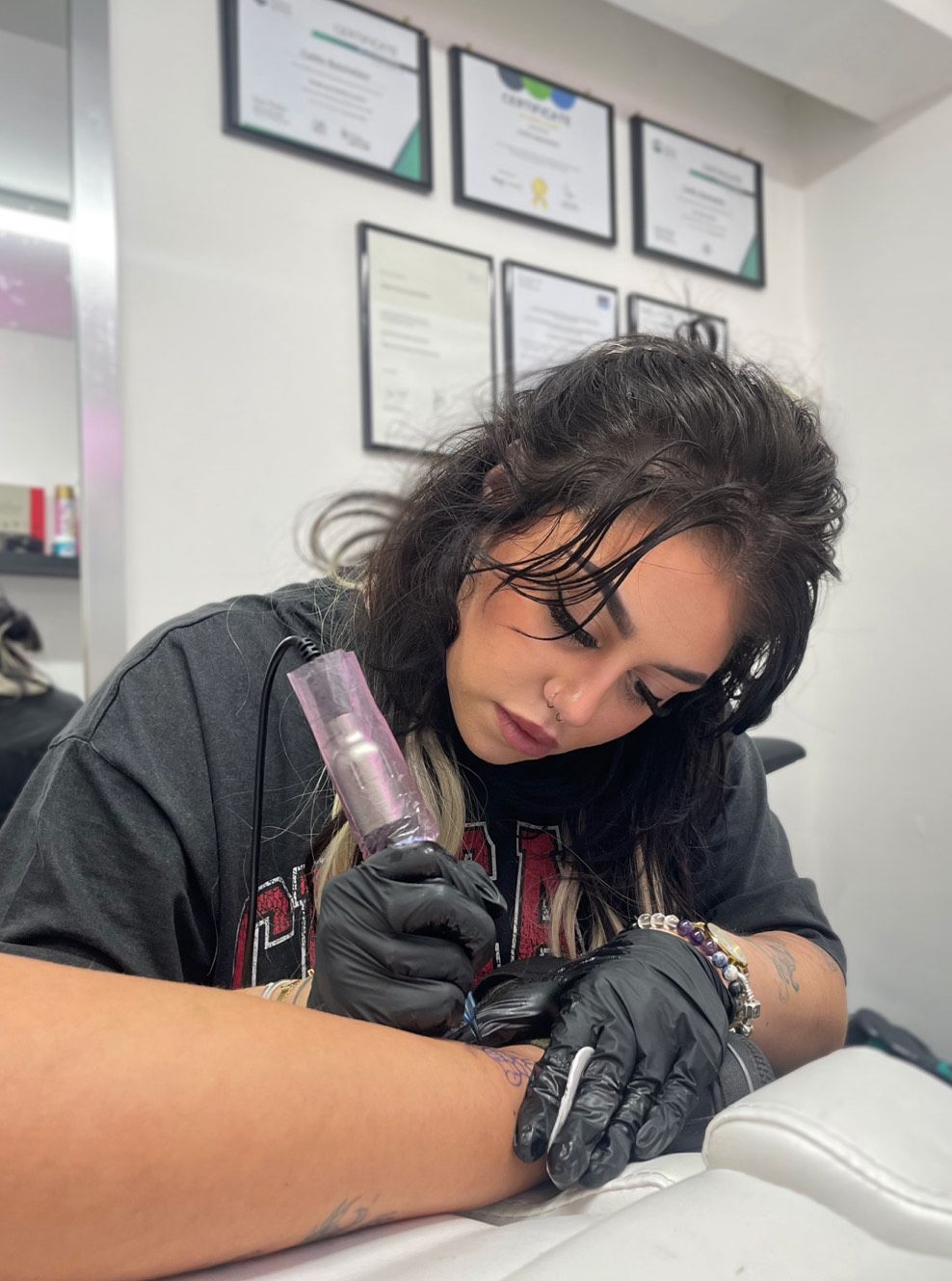
Ella Osborn, 21-years-old, started her business, Flutter Eyes, in 2020 during the pandemic. She more recently joined Mandy Gates’ salon to grow her client basis.
Ella shared that one of her main struggles was getting clients and gaining their trust. She said: “I am lot more confident than was back when I first started. So, the confidence definitely made a huge difference.”
However, Ella has also opened up about how at times she does not feel taken seriously and has felt stereotyped. According to the Finder, 26% of small business female owners feel as though they are not being taken seriously.
Ella Osborn shared that: “When I tell people, especially men, that I am an eyelash technician, they are like ‘Oh bloody hell, of course you are’. They think that lash technicians and beauticians are like normal jobs that women do, but it’s not always that case.”
Unfortunately, as women, they are a likely to experience sexism and stereotyping by men. Simply Business reveals that one in three female entrepreneurs have experienced sexism as a business owner.
Unlike the 21-year-old Flutter Eyes owner, Caitlin Batcheldor said that she has experienced sexism during her job, “but stereotyping not so much.” She explained that she has had many male clients making ‘sexual passes’ at her while working.
Caitlin said that despite the tattoo industry being dominated by men, she feels like “you go to an artist because of their talent, not because of their gender.”
Similarly, to Mandy Gates, both young females feel strongly towards supporting each other as women and other businesses in general. Ella Osborn said: “I think as long as we don’t tear each other down and put each other’s work down, unless it’s like actually physically harmful for their clients or emotional, then I think that each lash technician has a different style.”
But Caitlin Batcheldor argues that “women supporting women is something that hardly happens anymore. Women often try to tear each other businesses down, especially if their own business isn’t as successful.”
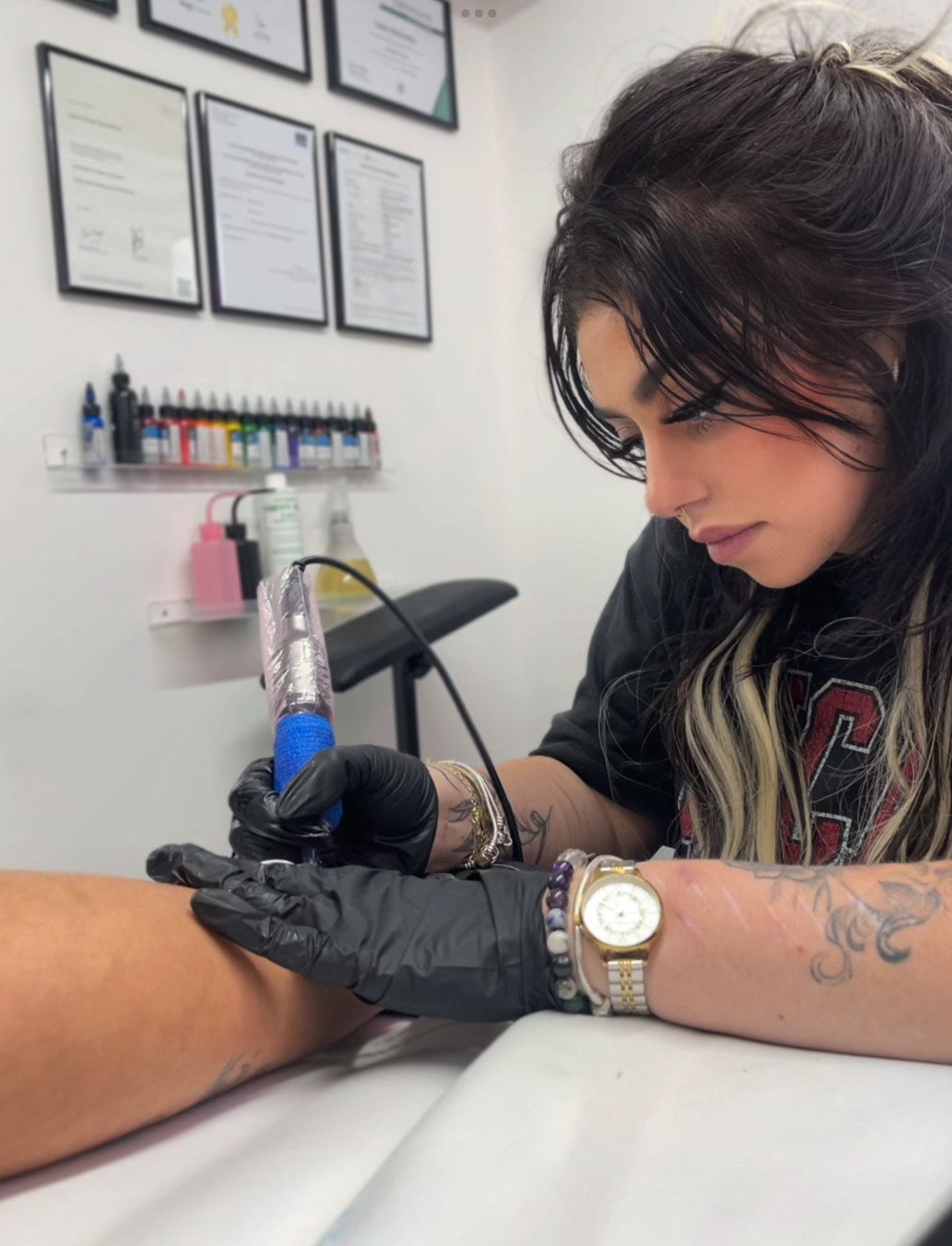
Photography provided by Caitlin Batcheldor
Photography provided by Caitlin Batcheldor
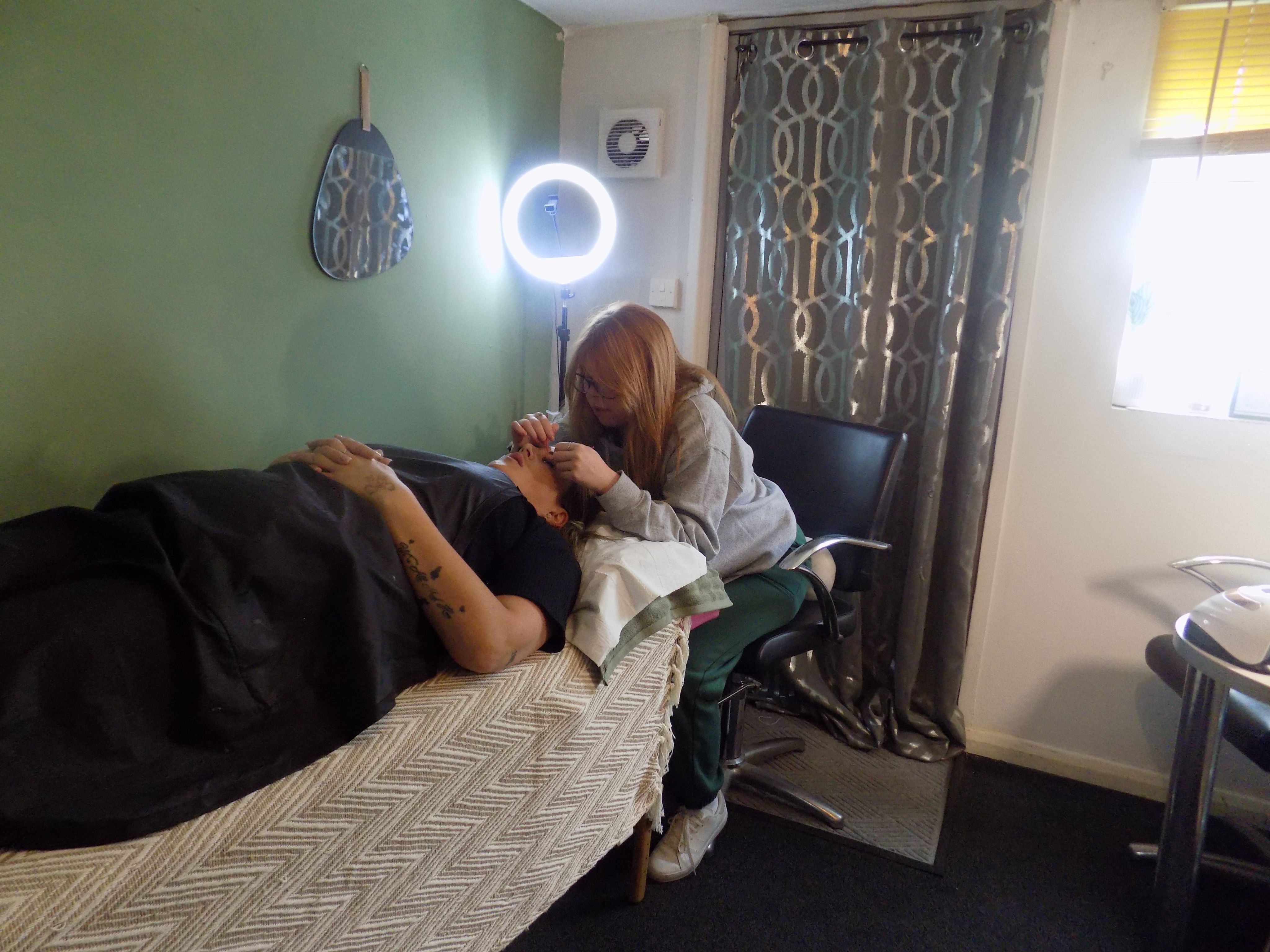
Photography by Maria Prigoreanu
Photography by Maria Prigoreanu
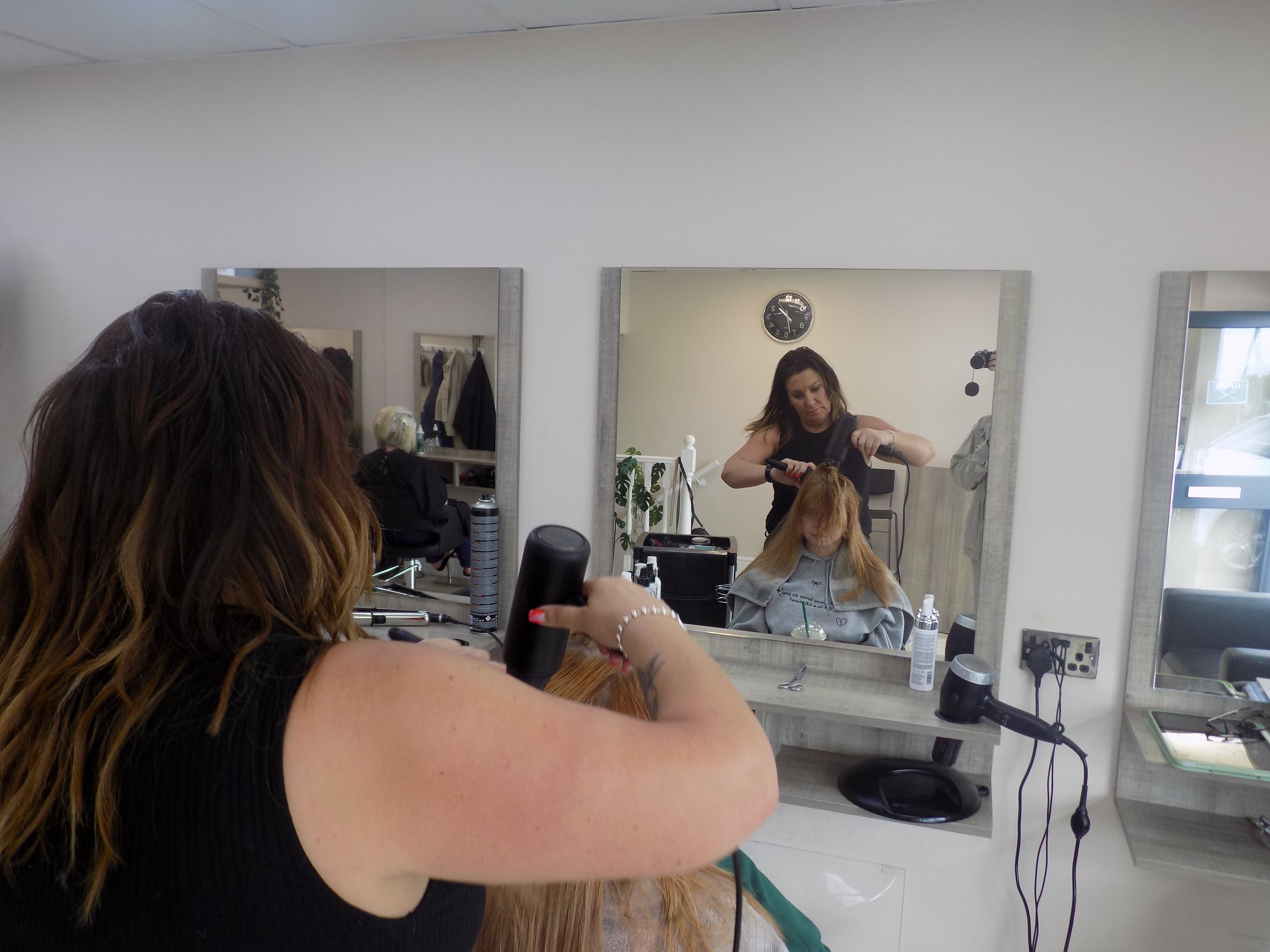
Photography by Maria Prigoreanu
Photography by Maria Prigoreanu
All three female led businesses provide a clear outlook how each small business has its own struggles, to no issues at all. At the end of the day, it is all about supporting each other rather than tearing one another down.
Independent businesses are like the hidden gems of counties, cities, and towns. So, it is important to protect them from going out of business and also make sure that more female entrepreneurs do not feel the need to say that stereotyping and sexism is part of the job, as it should not be.
